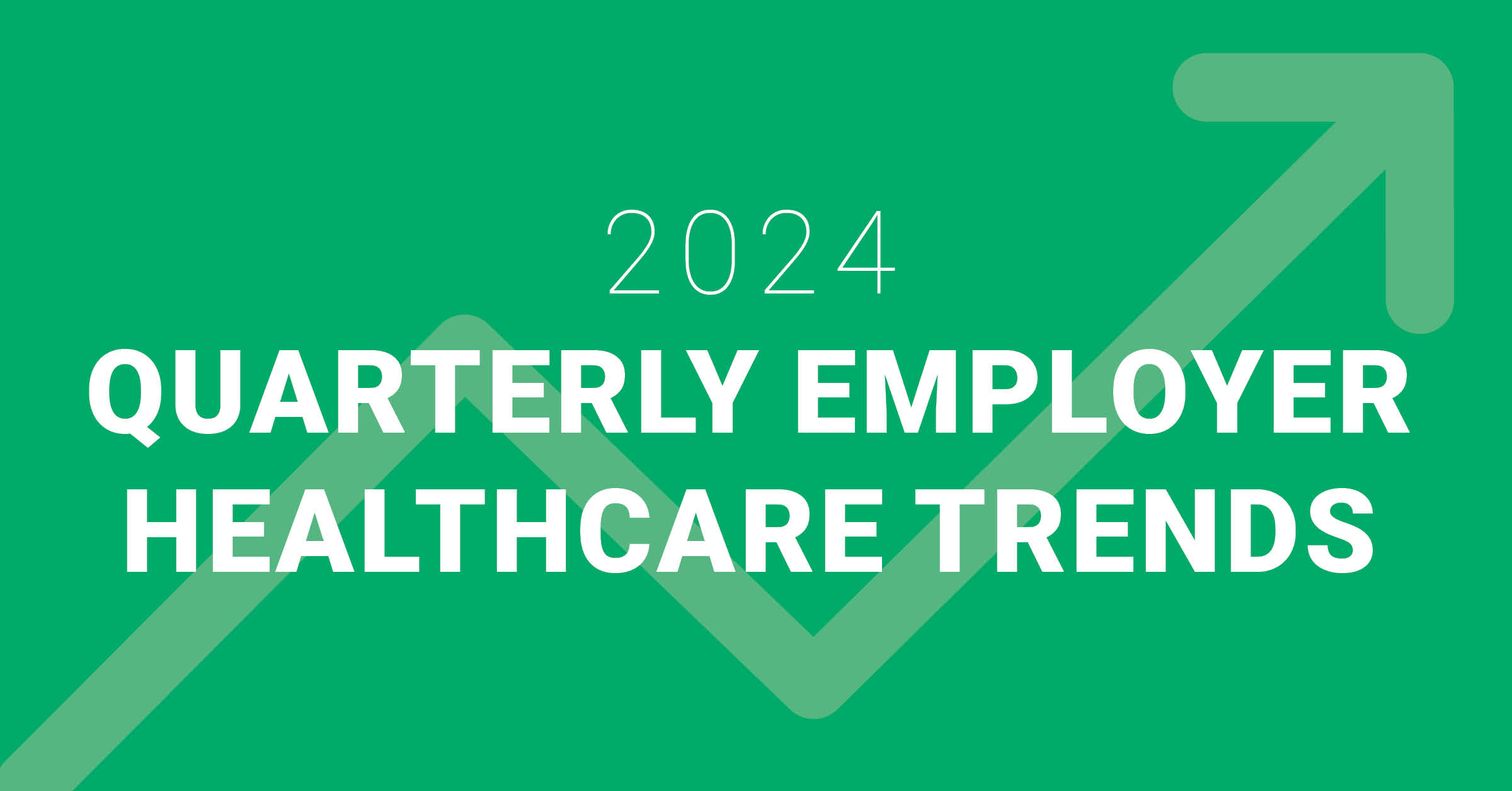Physical vs Emotional Hunger
Overeating poses several significant health risks, including weight gain, pain and joint discomfort, high cholesterol, and high blood pressure, which can lead to heart disease and other chronic conditions. One way to prevent overeating is to understand the differences between physical and emotional hunger.
Feeling like you’re physically hungry is a physiological sensation that often feels like a gnawing, empty craving for something substantial. This feeling is brought on by an interaction between your digestive system, your endocrine system and your brain. Physical hunger can be defined as:
- An instinctive and protective mechanism that ensures that your body is getting the proper amount of fuel needed to function.
- A physical reaction that includes chemical changes in your body that are related to low glucose levels in your body several
hours after eating.
The appetite from head hunger comes from the development of a habit of turning to food in times of emotional stress and tends to be an immediate craving.
Mental hunger can be defined as:
- A sensory or psychological response to food that triggers an involuntary response such as salivating or stomach
contractions. - A conditioned response to food.
So how do you use this information to practice healthy eating habits? Below are some tips to get you moving in the right direction.
Some Tips to Determine if you are Actually Hungry:
- Don’t skip meals: skipping a meal (especially breakfast) can actually cause you to gain weight. As eating 5-6 smaller meals throughout the day is ideal; 3 nutritious meals/day is minimum.
- Pay attention to the time. Determine when the last time you ate was, and whether or not it is time to eat again.
- Drink lots of water. Sometimes, you may feel hungry if you are slightly dehydrated. Try drinking a glass of water and determine how you fell afterwards.
- Stop and think about why you’re ready to eat. Are you bored, or anxious or upset? Negative and complacent emotions can lure us towards food as a comfort.
- Snack smart. Avoid unintentional hunger cues by enjoying snacks that are healthy and full of protein or fiber. This will regulate your blood sugar throughout the day and keep you fuller, longer.
- Write it down. Try keeping a food journal that records what you eat and your state of mind when you chose to eat. This may help you to realize when you’re eating for the wrong reasons.
When it comes to healthy weight loss, you want to make sure that you are taking the necessary steps to reaching your weight loss goals. Be smart about what you eat, but also recognize why you’re eating it. If you believe that you are eating for any reason other than physical hunger, stop and think it over. Make sure you are making the most out of your weight loss journey and avoiding harmful eating habits. Because at the end of the day it’s the journey that matters.
You might also like
Subscribe to our newsletter and stay on the cutting edge of worksite healthcare.









